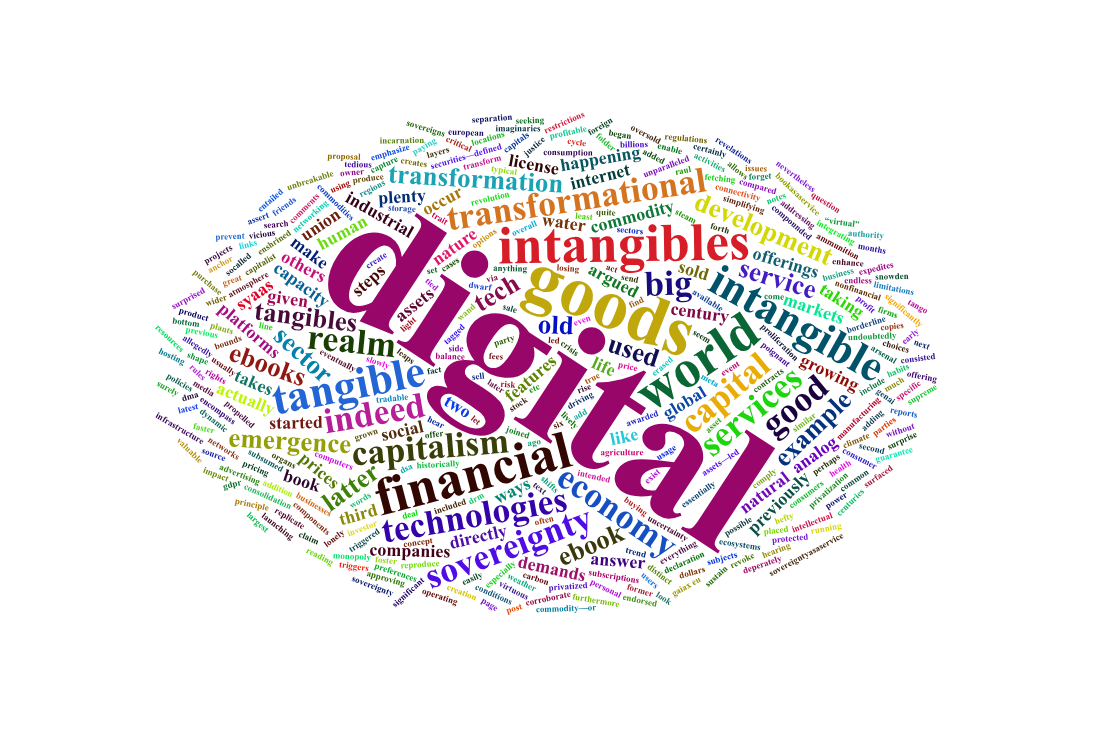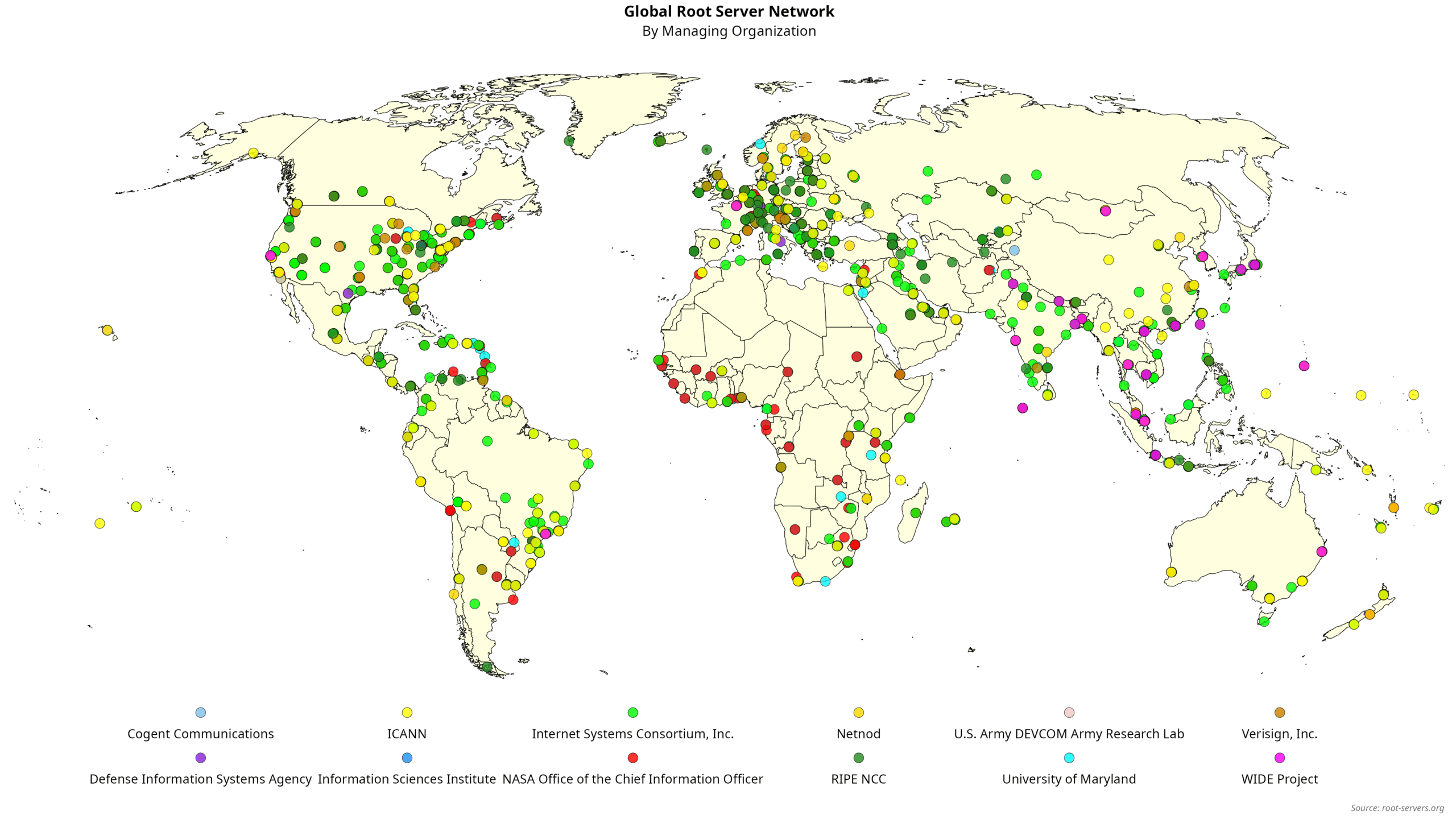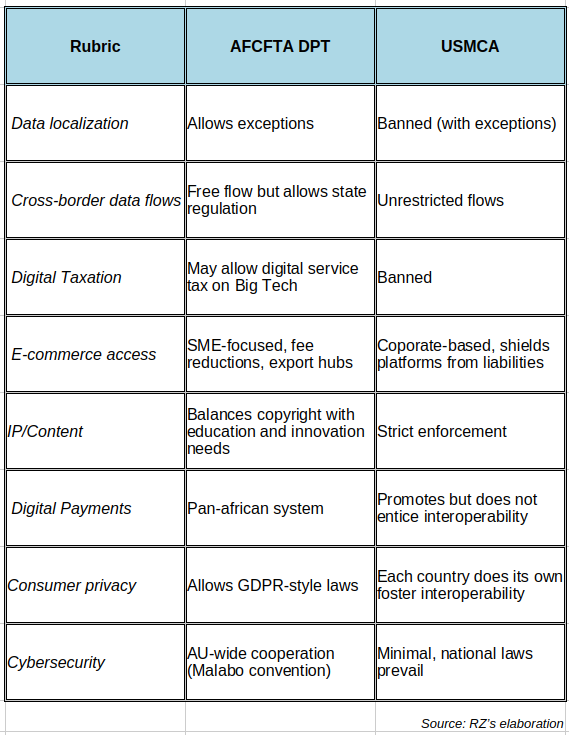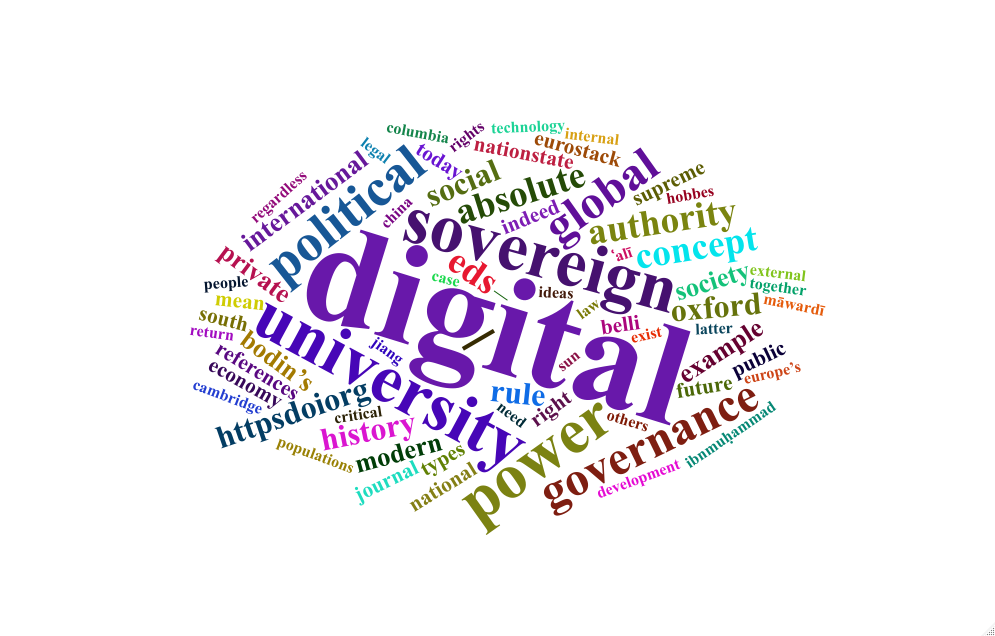Category: Governance
-

Commoditizing Digital Sovereignty – III
Undoubtedly, ESC is a sophisticated proposition—clearly the result of extensive thought, careful planning, and considerable groundwork, both operational and political. It is also important not to overlook the substantial capital and expertise cloud corporations bring to the table. Let me begin with AWS’s corporate strategy. Creating a new “parent” company with Amazon as its own…
-

Commoditizing Digital Sovereignty – II
Research I recently undertook showed that the cloud sector is large and unequal. Reliable estimates indicate that a few thousand cloud firms operate globally. At the same time, the top three suppliers (Amazon, Microsoft, and Google) together account for over 60 percent of the market. While the latter figure might be overestimated according to some…
-

Commoditizing Digital Sovereignty – I
Perhaps one of the most poignant features of capitalism is its unparalleled capacity to transform almost anything into a commodity. Indeed, everything is for sale, and a price can be tagged on. Included here are tangibles and intangibles. Simplifying, it can be argued that historically, such transformation started with tangible goods in agriculture and manufacturing…
-

Data Center Resistance
Two weeks ago, Mexico announced a 4.8 billion USD data center investment sponsored by CloudHQ, one of the top 12 operators globally by number of sites. The target city is Querétaro, the leading Mexican data center location with 19 facilities. Querétaro is also among the top 15 developing-country towns in the data center race. The…
-

Sizing up Big Tech – VI
While it may be convenient to categorize the five usual suspects under the Big Tech label, ignoring the differences between them, pointed out in previous posts, could lead to simplistic conclusions. Take the word “big.” How big is “big?” The most common parameter used to measure is market capitalization, which is consistently in the trillions of…
-

Sizing up Big Tech – V
Connecting to the Internet in 1994, the year Amazon was founded, was certainly not a walk in the park. For starters, the number of access providers could be easily counted. Accessing the emerging network of networks from home required a computer, a modem, an RS-232 compatible cable, supporting software, and an additional phone line, depending…
-

Sizing up Big Tech – IV
Out of the five usual suspects frequently fingered as Big Tech gang members, Microsoft (MS) takes the top spot, time-wise. Indeed, the company turned 50 last April, beating Apple by almost one full year. Many will associate such advanced age with dinosaurs, especially if we use Internet time as a benchmark. However, MS shows no…
-

Sizing up Big Tech – III
In the early 1980s, when Apple was still an underdog facing stiff competition from larger and well-established tech companies, it masterfully used mass advertising to challenge their dominance. TV and paper news media were the only options available at the time. Perhaps Apple’s most famous ad was 1984, launched in 1983, announcing the upcoming Macintosh…
-

Sizing up Big Tech – II
As the EU Digital Markets Act (DMA) acknowledges, Google operates in various markets, including operating systems, devices, email, browsers, broadcasting, cloud services, mobile apps, advertising, and search. In some cases, such as search engines and mobile operating systems provided for “free,” the company has disproportionate world market shares (90 and 73 percent, respectively), thus attracting…
-

Sizing up Big Tech
Have you ever bought something from Google? Many will likely answer positively—perhaps a tablet or a phone, or possibly a subscription to YouTube or Google One. Back in the early 2000s, most would have responded negatively, though. At the time, the company was synonymous with robust and mostly accurate web searches, and no one was…
-

Sandbox Quicksand
Breathtaking digital technology innovation has been a hallmark of the past 30 years, triggering dramatic, albeit not always beneficial, social change that hardly anyone could have predicted or even imagined. Unlike previous technological or industrial revolutions, digital innovation unfolds endlessly, reaching nearly every corner of the globe at nearly the speed of light. Indeed, no…
-

Internet Roots
An Intergalactic Computer Network (ICN). That was the first Internet Imaginary in the early 1960s, used to depict the endless possibilities of the then-emerging network of networks. The ICN Imaginary was thus born several years before the first four academic computer networks were interconnected in 1969, thanks to the pioneering groundwork of IPTO and the…
-

Digitalizing Sovereignty – V
A recent blog tackles the issues surrounding Africa’s digital sovereignty. It first defines sovereignty as a country’s capacity to independently create, develop, and govern AI. However, the supreme adjective I previously highlighted is missing from this definition. At any rate, the authors rightly emphasize that sovereignty comprises technical and political issues. On the technical side,…
-

Digitalizing Sovereignty – IV
In 2006, a British mathematician running a customer-centric data science company coined the phrase “data is the new oil.” At the time, the Open Data movement was taking its first baby steps, while the expected digital data tsunami was gathering steam expeditiously. The saying was meant to pinpoint that data, like oil, needs to be…
-

Digitalizing Sovereignty – III
Like governance, sovereignty has existed much longer than the modern digital universe. Thus, it has a rich history evolving over several centuries (see references below). Historical consensus holds that Jean Bodin was its conceptual father in the late 16th century, when the scourge of religious wars dominated Europe. Treaties such as the 1598 Edict of…